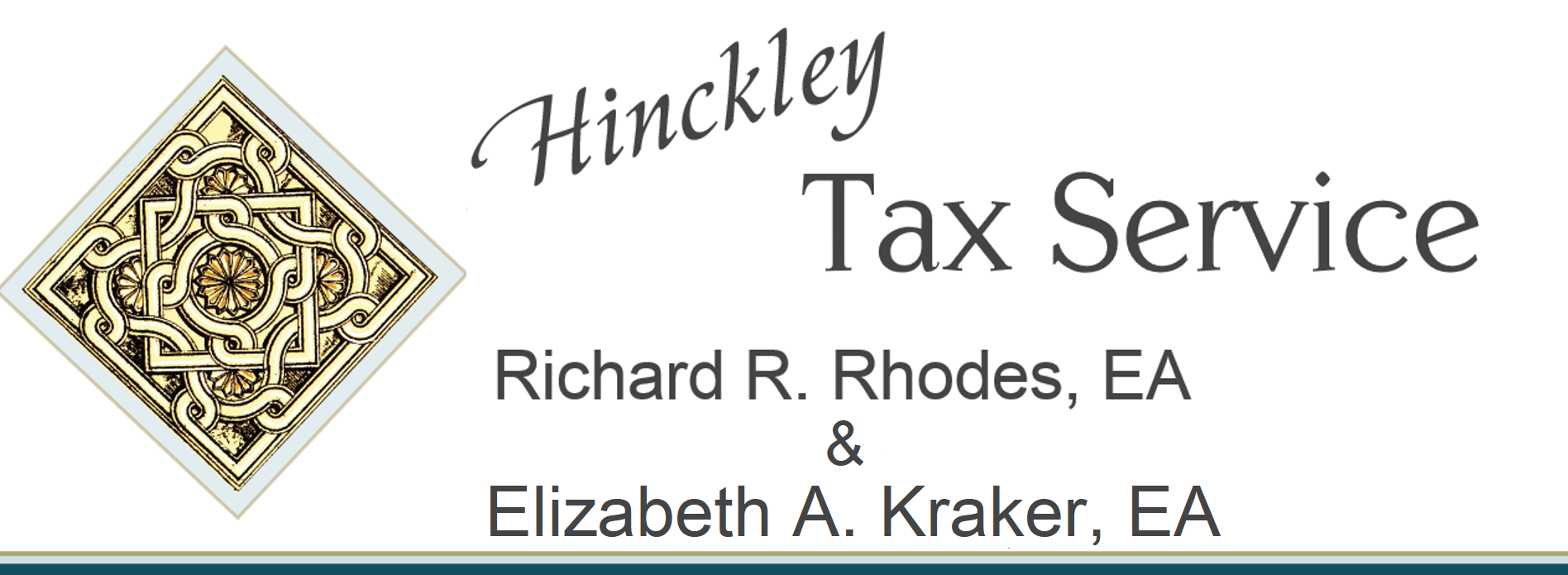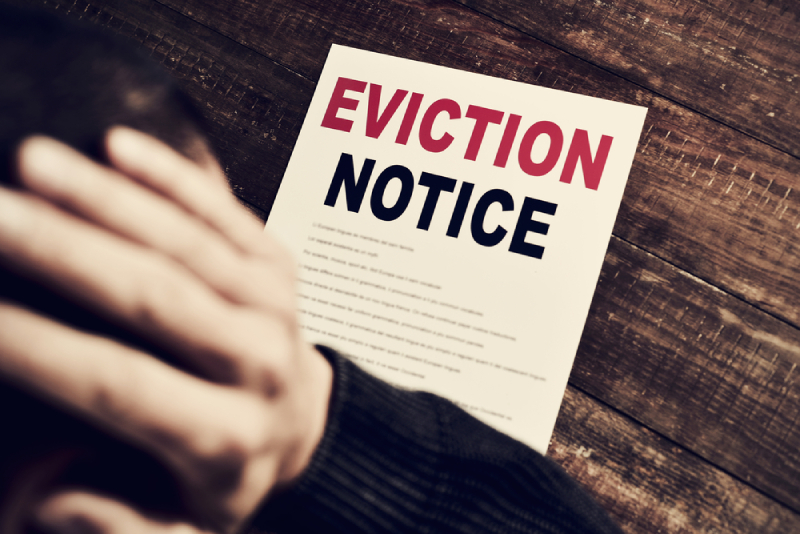Floating under the radar during so much NOISE the past couple weeks … the CDC announced a halt to evictions for renters, and that starts THIS WEEK.
I have some guidance today for you about what that means (and what it doesn’t), but a couple other things first, before we get there.
First, can we all celebrate a little good news? Even if you’re not a football fan, even if you’re not happy with the NFL right now, semi-normality reigned on our televisions on Sunday (if not in most stadiums). Even better … the day before (Saturday) the leagues tested 3600+ people (players and personnel), and there were ZERO positive tests for you-know-what. This should be good news for everyone. And yes, debate all you’d like about testing regimes, etc. — I’m here just grabbing the good news where it can be found.
Second, on a more taxy note, estimated tax payments due September 15th. If you’re reading this, and you forgot, here’s your reminder — even a day or two late is better than nothing.
Alright then … moving on, let’s talk about what’s happening for Cleveland renters and landlords this week.
What Cleveland Landlords And Tenants Should Know About The CDC Eviction Stay
“Do not do to others what angers you if done to you by others.” -Socrates
So yes, this is real, and it is happening.
But it’s also not something that means “instant apocalypse” for Cleveland landlords, nor does it mean that every renter can simply and legally stop paying rent and tap their heels together at all that savings.
That’s because, of course, there are caveats, provisos, etc. So, let’s dive in…
First of all, the authority the CDC cites to establish this rule is the Public Health Service Act of 1944, which is also being cited in a variety of contexts over the course of the past 6 months.
Might there be legal challenges to this? Oh yes.
But that doesn’t mean it’s okay to ignore this eviction moratorium. It’s on.
Per the ruling, the eviction stay is in place until the end of the year (for now).
But good news/bad news, this doesn’t mean that anything goes.
Tenants must:
- Earn a documentable AGI of less than $99,000 (single) or $198,000 (married filing jointly),
AND - demonstrate they have tried to pay at least some portion of monthly rent,
AND - have suffered income loss or medical expense increases due to COVID-19
AND - have applied for government assistance in some form or fashion,
AND - confirm and document that if they were evicted, they would be homeless or have to go to an unsafe, crowded facility,
AND - file a specific form with the landlord. (If you’re a tenant needing to do this, I suggest sending the form by certified mail for legal paper trail purposes.)
So … if you meet all of these requirements, then you can take advantage of this order.
Landlords — it is a good idea to keep these rules in mind. Obviously, if you want to have a good relationship with your tenant, you will operate in a humane, kind fashion when they’re in distress.
But if push comes to shove, these are the rules, and knowledge is power.
And tenants — you must especially keep these rules in mind. If you need the help, play the game the right way.
Further, per the rule, tenants may not 1) “damage property or pose a threat to the health or safety of neighbors” 2) pay nothing 3) ignore the rules above or 4) fail to to file the right form with their Cleveland landlord and still expect that the eviction stay will cover you.
So, that’s the real world bottom line on this stuff.
If you’re an investor or landlord, and you need help navigating all this, we’re right here:
https://hinckleytaxservice.com/%E2%80%8B/schedule-a-call/
To your family’s lasting financial and emotional peace…
Warmly,
Rich Rhodes
“CRISIS Action Plan” for my Cleveland tax clients and friends:
1) Don’t marinate in other people’s panic. Be mindful of your social media consumption.
2) Continue to stay financially and logistically prepared for worsening situations.
3) Make sure you have some ready, liquid assets, if you are able. (I.e., cash in the bank, and in hand.)
4) Set aside plans for any big spending until the dust settles — but especially look out for your small business owner friends and vendors.

